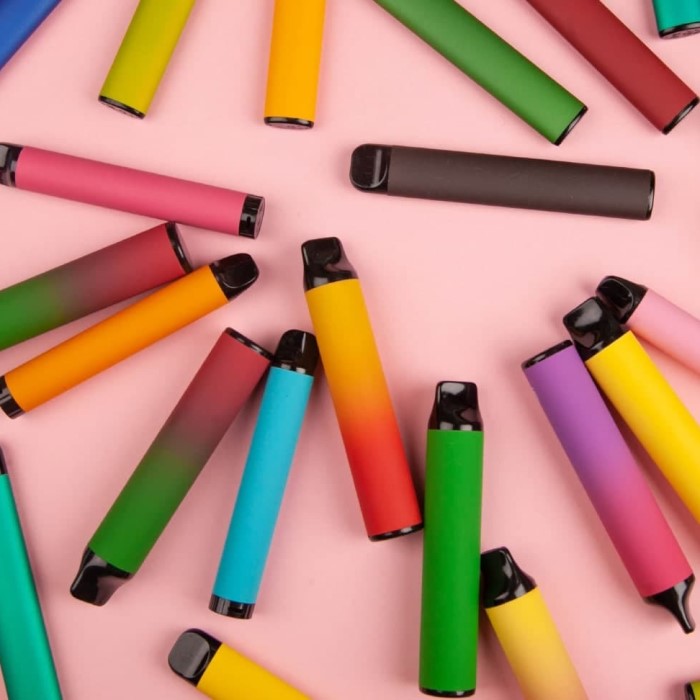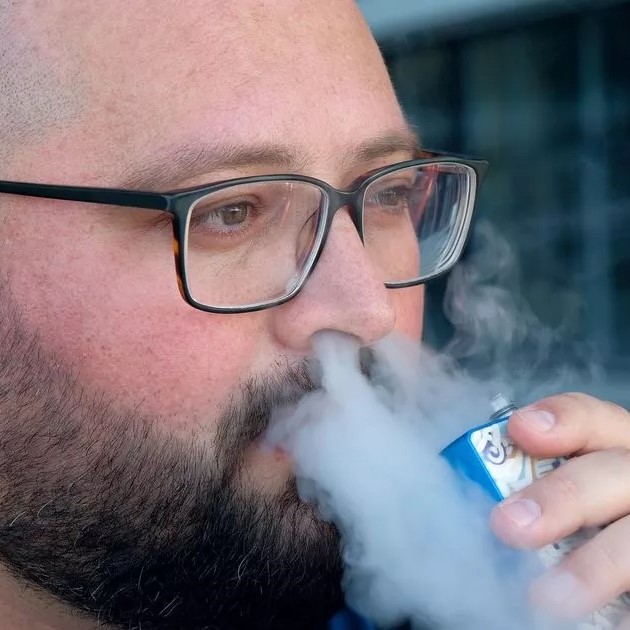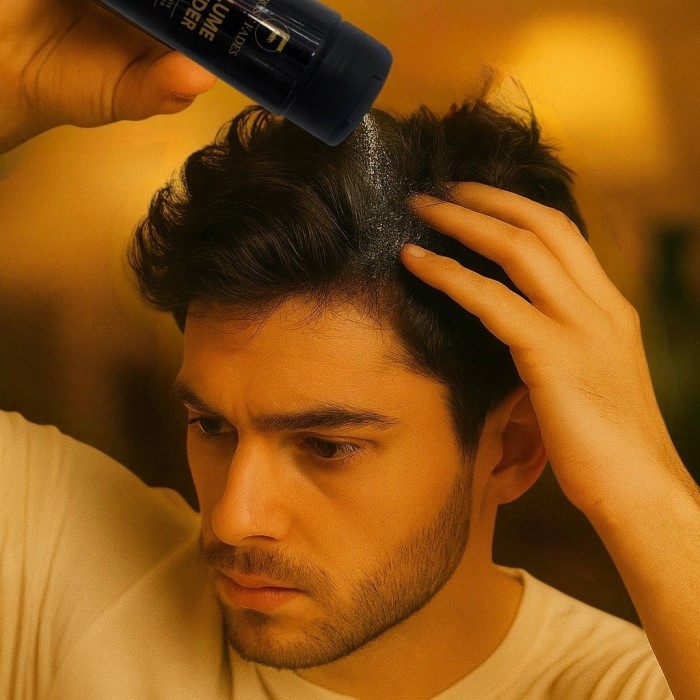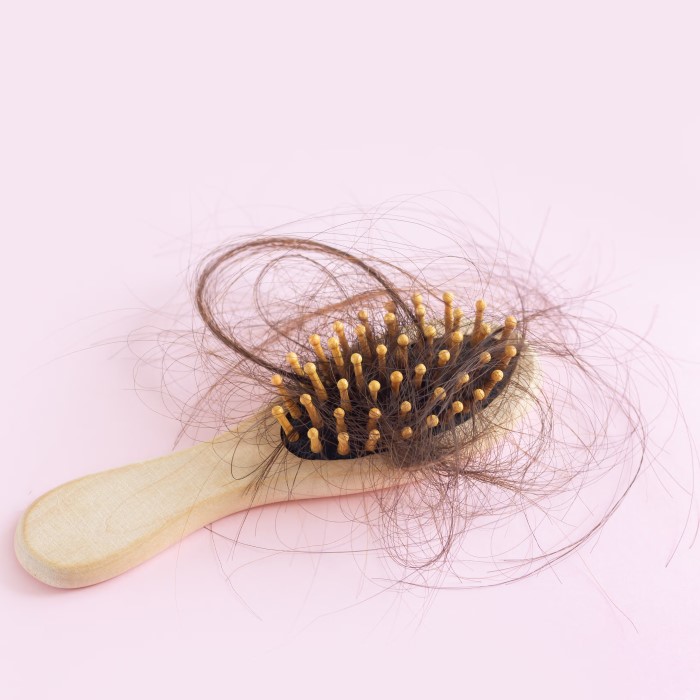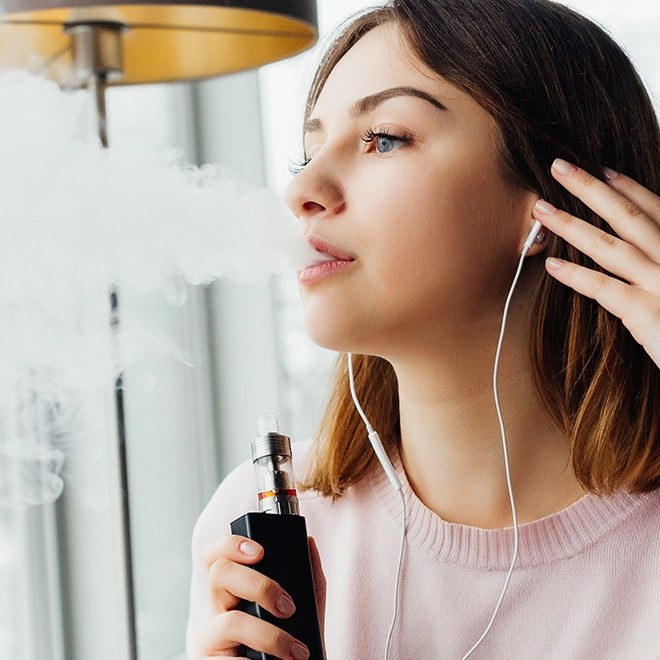
Can Vaping Cause Hair Loss? Uncover the Surprising Truth
Understanding the Link: Can Vaping Cause Hair Loss?
Vaping has rapidly gained popularity, especially among younger demographics seeking an alternative to traditional smoking. The social acceptance and perceived safety have led many to adopt vaping as a lifestyle choice. However, an essential question arises among users: can vaping cause hair loss? This inquiry is vital not only for individuals concerned about their health but also for those who value their appearance. Hair plays a significant role in how we perceive ourselves, and understanding its connection to vaping is crucial.
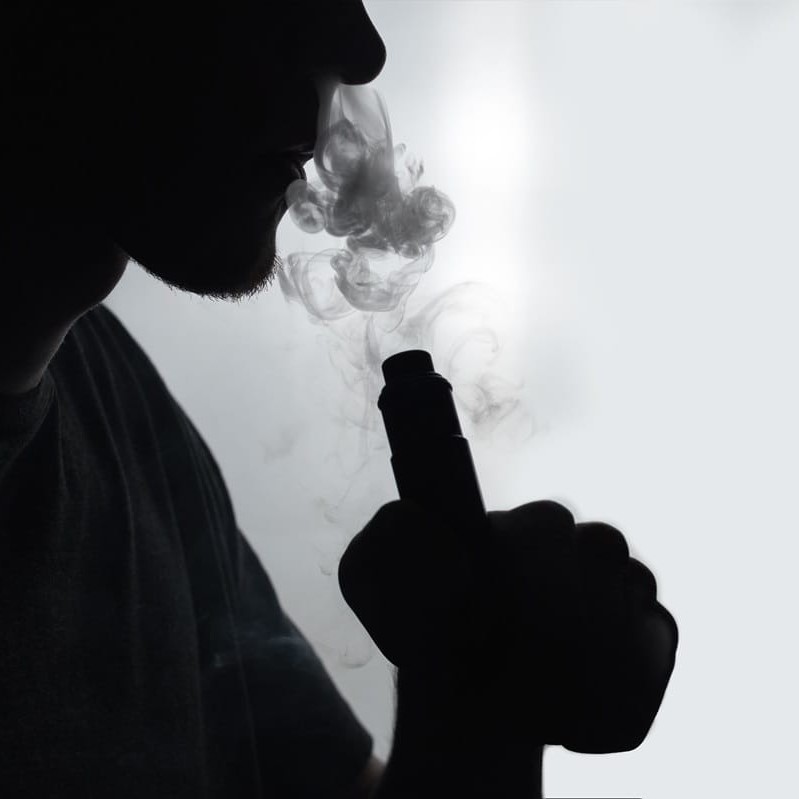
The Significance of Healthy Hair
Healthy hair is a sign of overall well-being. It often reflects nutritional intake, mental health, and lifestyle choices. When individuals notice sudden hair loss or changes in hair texture, it can be distressing. For those who have recently started vaping or increased their usage, it becomes imperative to explore whether there is a causal link between vaping and hair health. This article will delve deep into the relationship between vaping and hair loss, providing a comprehensive understanding.
The Chemistry of Vaping
Can vaping cause hair loss? Vaping involves the inhalation of vapor produced by heating a liquid, typically containing nicotine, flavorings, and other chemicals. The chemical composition of vape liquids varies by brand, but the common presence of nicotine raises concerns about its effects on health, particularly regarding hair growth.
How Does Nicotine Impact Your Body?
Nicotine is a stimulant that affects various systems in the human body. One of its notable effects is the constriction of blood vessels. When blood vessels narrow, blood flow to different body parts decreases, including the scalp. Healthy hair follicles require a steady supply of nutrients and oxygen, delivered via blood circulation. Insufficient blood flow can lead to hair follicles entering a dormant state, weakening the hair strand. Consequently, this often results in hair thinning or potential loss.
Other Harmful Ingredients in Vape Products
Although nicotine is a primary concern, vape products contain numerous additives and flavorings that could also impact health negatively. Understanding what’s in your vape can shed light on potential side effects associated with usage.
Dangerous Additives
Chemical Composition of E-Liquids
-
- E-liquids are composed of a variety of chemicals, many of which may not be thoroughly understood. Users must be aware of the potential risks associated with inhaling these substances regularly.
Focus on Diacetyl
-
- One particularly concerning ingredient is diacetyl.
- Diacetyl is commonly used as a flavoring agent in many vaping products, particularly those that mimic buttery flavors.
- It has been scientifically linked to serious respiratory conditions, such as “popcorn lung” (bronchiolitis obliterans), which has raised alarm bells among health professionals.
Uncertain Connection to Hair Loss
-
- While current research has not explicitly proven a direct link between diacetyl and hair loss, the fact that it poses respiratory risks prompts questions about its overall impact on health.
- As the body’s overall health influences hair growth and retention, any damaging chemicals introduced into the body could potentially affect hair follicles over time.
The Issue of Unidentified Ingredients
-
- Apart from diacetyl, many e-liquids contain unknown or less-regulated ingredients, which could pose health risks.
- Users may not know the safety or potential harm stemming from these compounds, leading to increased concerns over their long-term health effects.
Lack of Comprehensive Research
-
- The long-term effects of inhaling these various chemicals are yet to be fully investigated.
- This absence of comprehensive studies creates uncertainty for users, especially those concerned about both respiratory health and the health of their hair.
- Without definitive research, users remain in the dark regarding the potential consequences of constant exposure to these additives.
Heightened Anxiety for Users
-
- The combination of known harmful components and unknown risks raises alarm among vaping users.
- Those worried about their hair, in particular, may find themselves questioning whether the benefits of vaping outweigh the potential risks associated with harmful additives.
Implications for Overall Health
-
- Considering these dangerous additives can lead to implications beyond just hair health; they could signify broader health risks that affect the entire body.
- Users should remain vigilant about what they are consuming and consider monitoring any changes in their health as a result of vaping.
The Stress Connection and Hair Health
In addition to chemical exposure, stress can significantly influence hair health. Many recent vapers perceive elevated stress levels, whether from addiction, health anxieties, or social pressures surrounding their use of vaping products.
Stress-Induced Hair Loss
When stress levels rise, the body can react in several ways, sometimes leading to conditions like telogen effluvium, where large amounts of hair enter the shedding phase prematurely. Thus, if someone recently embarked on a vaping journey while facing stress, it may notably affect their hair health. Reducing stress and understanding emotional triggers is vital for maintaining hair health.
Investigating Anecdotal Reports
In recent years, various claims have emerged regarding hair changes among vapers. Many users posit that they have experienced alterations in their hair’s volume and quality.
Research Insights
While direct studies investigating vaping and hair loss specifically remain scarce, relevant research has debated the link between nicotine and hair health for years. Smoking, for instance, has proven harmful effects on hair quality, primarily due to nicotine’s role in limiting blood flow. Thus, it is logical to question whether vaping, which often contains nicotine, might lead to similar or perhaps even worse outcomes for hair retention.
FAQs: Commonly Asked Questions
Will my hair grow back if I stop vaping?
Viruses of improvement exist for those who halt their vaping habits. Many users report a noticeable increase in hair quality and even growth following cessation. The hair follicles may regain their vitality over time, but it’s crucial to note that individual factors, such as genetic predispositions and existing health conditions, dictate the extent of recovery.
Can vaping affect your hair?
Indeed, vaping can indirectly affect hair through its physiological health impacts, particularly related to nicotine and other substances in vape products. Users experiencing hair loss or changes in hair quality should carefully evaluate their vaping habits alongside their hair concerns.
The Role of Nutrition and Lifestyle
To foster healthy hair growth, one must also consider their overall nutritional intake. Certain vitamins and minerals play crucial roles in hair health. A well-balanced diet supports bodily functions, including those responsible for hair growth.
Optimizing Hair Health through Nutrition
Importance of Nutrient-Rich Diet
-
- A well-balanced diet plays a crucial role in maintaining healthy hair.
- Key vitamins and nutrients directly contribute to hair growth, strength, and overall health.
- By focusing on a nutrient-dense diet, individuals can improve their hair’s resilience against potential damage.
Key Vitamins for Hair Health
-
- Vitamin A:
- Promotes healthy sebum production in the scalp, which moisturizes hair and supports growth.
- Foods rich in vitamin A include carrots, sweet potatoes, and dark leafy greens.
- Vitamin C:
- Acts as an antioxidant, protecting hair follicles from oxidative stress and supporting collagen production for stronger hair.
- Citrus fruits (oranges, lemons), berries, and bell peppers are excellent sources.
- Vitamin D:
- Plays a role in the hair growth cycle and may help rejuvenate hair follicles.
- Sources of vitamin D include fatty fish, fortified dairy products, and exposure to sunlight.
- Vitamin E:
- Known for its antioxidant properties, Vitamin E helps improve blood flow to the scalp, promoting healthier hair growth.
- Nuts, seeds, and spinach are rich in this essential nutrient.
- Vitamin A:
Biotin: A Vital Nutrient for Hair
-
- Biotin, also known as vitamin B7, is essential for the production of keratin, a key structural protein in hair.
- Incorporating biotin-rich foods like eggs, almonds, and whole grains can boost hair vitality.
- Biotin supplements are available but should be taken with caution and ideally under medical guidance.
The Role of Omega Fatty Acids
-
- Omega-3 and Omega-6 fatty acids are crucial for maintaining healthy cell membranes and reducing inflammation, promoting overall scalp health.
- Foods high in omega fatty acids, including fatty fish (like salmon and mackerel), flaxseeds, chia seeds, and walnuts, can enhance hair thickness and shine.
Incorporating Hair-Healthy Foods
-
- Including specific foods in your diet can help maximize nutrient intake:
- Spinach: Packed with vitamins A, C, and iron, which promote healthy hair growth.
- Fatty Fish: Provides high amounts of protein and omega fatty acids, crucial for hair health.
- Sweet Potatoes: Rich in beta-carotene, which converts to vitamin A, enhancing scalp health.
- Nuts: A great source of vitamin E and healthy fats that contribute to stronger hair.
- Including specific foods in your diet can help maximize nutrient intake:
Mindfulness for Vapers
-
- Those who vape should pay special attention to their diets due to the potential negative effects of vaping on hair health.
- A poor diet can exacerbate any existing damage caused by harmful additives in vaping products.
- By prioritizing a nutrient-rich diet, vapers can provide their bodies with the essential nutrients required to support hair growth and health.
Hydration Matters
-
- Staying hydrated is also a critical factor in maintaining hair health.
- Drinking enough water helps keep the scalp and hair moisturized, preventing dryness and brittleness.
Practicing Overall Wellness
-
- In addition to nutrition, overall wellness including regular exercise, sufficient sleep, and stress management contributes to better hair health.
- These lifestyle practices work synergistically with a healthy diet to enhance the body’s ability to promote strong, vibrant hair.
Conclusion: Head in the Clouds or Grounded in Health?
In conclusion, the inquiry into can vaping cause hair loss is multi-faceted and demands careful consideration. While existing studies may not directly link vaping to hair loss, numerous associated risks cannot be overlooked. Nicotine’s role in constricting blood flow, combined with the introduction of various harmful ingredients in vaping products, signifies possible threats to hair health. Stress factors compounded by these elements make for a complex relationship that every user should carefully navigate.
Ultimately, individuals must weigh the potential impacts of their choices. Whether you choose to continue with vaping or reconsider your habits, prioritizing overall health will contribute positively to maintaining strong, healthy hair. Becoming informed about the implications of vaping empowers you to make decisions that protect your well-being, ensuring that your mane remains vibrant and full.
